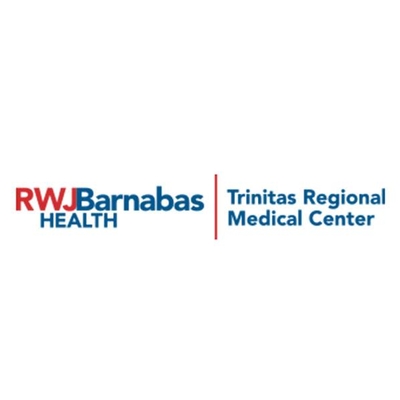Adolescent DBT Program - RWJBH Trinitas
Telehealth In-Person Hospital / Clinic
(908) 994-7378
Elizabeth

Dialectical Behavior Therapy (DBT) is an evidence-based therapeutic approach to treat individuals with difficulty regulating their emotions and behavior, including those with traits of Borderline Personality Disorder. Through a supportive and genuinely therapeutic environment, teens and their caregivers are taught behavioral skills to improve impulse control, emotional regulation, interpersonal effectiveness, and overall functioning, and replace harmful ways of thinking and behaving with new, healthier ways.
- The Trinitas Adolescent DBT treatment program consists of the following:
- Weekly Individual Therapy
- Weekly Multi-family Skills Training Group (English or Spanish available)
- Phone Coaching for teens and parents/caregivers
- Individual Parent Coaching (as needed)
- Family Therapy (as needed)
DBT Skills taught:
- Mindfulness
- Distress Tolerance
- Emotion Regulation
- Walking the Middle Path
- Interpersonal Effectiveness
Referral Process:
Families start the process of participating in the Adolescent DBT program by calling 908-994-7378 (for English) and 908-994-7317 (for Spanish) to state that they are interested.
The DBT Coordinator or another DBT team member will call back within five business days, and after a brief phone screen, the teen will be added to the waitlist for the DBT program. If families are seeking treatment right away, an intake will be scheduled and services (e.g., group therapy, individual/family therapy, medication management) will be provided through the Trinitas Child/Adolescent Outpatient Department (COPU) until there is an opening in the DBT program.
IMPORTANT NOTES: Service providers and referral agencies are welcome to contact the DBT coordinator for more information about the DBT program and/or submit the Adolescent DBT referral form on our website. However, families will not be put on the waitlist for the DBT program until they call the DBT program directly. Please be advised that DBT is a voluntary treatment, and clients and families cannot be forced to participate in the treatment program.
| Eligibility | * 12-18 years old * The client meets criteria for BPD * The client does not meet criteria for BPD, but has symptoms of chronic emotional, interpersonal, and behavioral dysregulation * The client is willing to be in DBT * A parent/caregiver must also have the capability to attend a two-hour multi-family skills group that meets weekly with his/her teenager. Exclusion criteria: * Active psychosis * Severe learning disabilities * Severe cognitive impairment * Inability to meet attendance requirements due to severe medical issues, transportation difficulties, insufficient resources to assure all weeks of treatment (i.e. limited sessions allowed by insurance, insufficient finances to pay for co-pays, etc.) * Treatment is being mandated by the courts, DCPP or some other agency * Unwillingness/disinterest in lowering suicidal or self-harm behaviors * Unwillingness/disinterest in lowering substance use behaviors or eating disordered behaviors or these are the primary diagnosis that needs evidence-based treatments to treat these behaviors first |
| Age Groups |
|
| Health Services |
Behavioral / Mental Health |
| Treatment Services |
Outpatient Services
Treatment Settings
|
| Payment Types |
|
| Language Spoken |
|
| Areas Served |
|
Last Updated: 05/28/25
